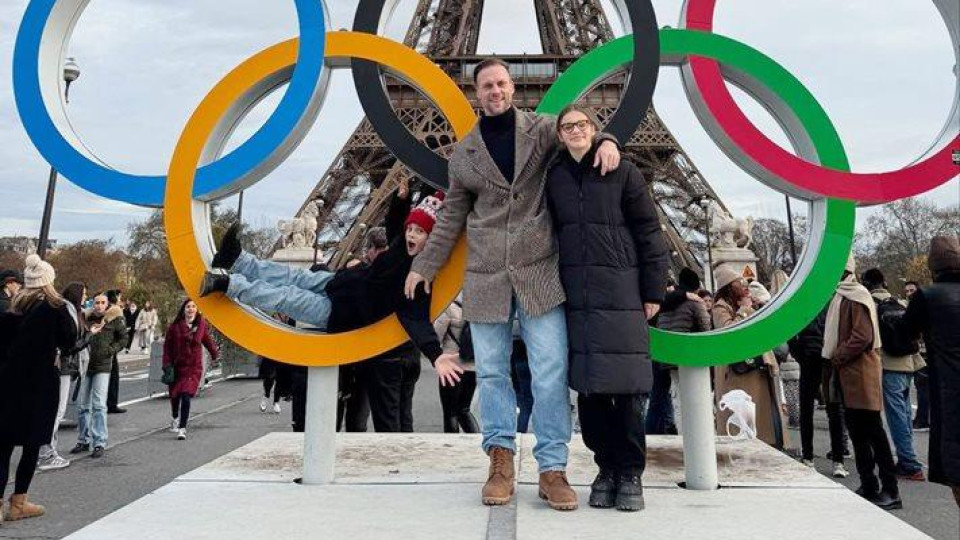City Council and a leader of the Green Party lost the defamation case filed and endured sufferings by the journalist Marieta Dimitrova, who has published an analysis of the local parliamentarians on her site, also mentioningTodorov. Todorov felt offended by the following facts: It was written that he supported to a certain point the Mayor Kambitov - something that could easily be verified by the minutes, from the sessions of the Blagoevgrad City Council, uploaded on the website of Municipality of Blagoevgrad.Another fact that offended Todorov wasthe mentioning of the blocks restoration and his participation in a company that had signed a contract for this activity. The third offensive fact was the construction of the green areas in the city. Offended by the writings, Todorov brought a lawsui tagainstherclaiming BGN 50,000 for the damageshesuffered. The case was heard by judge G. Yahova, who came up with a motivated decision last week – show trial.
In herarguments Judge Yahova wrote: The article is not disgusting, immoral, unworthy, and does not cause anunambiguous negative assessment of society. The disgrace is an objective characteristic of the statement and it does not depend on the subjective attitude of a particular person to what has been said about this person. Therefore, if the outward circumstance is objectively not disgraceful, it is irrelevant whether the plaintiff felt affected or not.Feelings are his subjective experience, a reflection of his personal worldview and a value system, and they exist entirely in his consciousness, but in the case under tort, they can not be repaid because it is clear from the above-stated that the behavior of the defendant-responsible entity can not be described as unlawful according to Art. 45 of the Obligations and Contracts Act.
It should also be noted here that the practice of the European Court of Human Rights is based on the assumption that public figures, as is undisputed the plaintiff in his capacity of a chairman of the Green Party and a municipal councilor, should be subject to wider limits of admissible criticism. Faced with a collision between the freedom of the press and the honor of public figures, the European Court of Human Rights gives the priority to the press, as the practice has established that the freedom of journalists under Art. 10 of the European Court of Human Rights may involve some exaggeration or even provocation on their part (Decision of the European Court of Human Rights, under the case of Prager and Oberschlik v. A., 1995).”, wroteJudge Yahova in her decision.
The outcome of the case is a distinct victory of the freespeech and over the attempts to repress and obstruct the mouth of journalists. Recently, we have witnessed the dishonest behavior of people in authority, so we consider the decision of Judge Rahova as an exclusive protection of the free speech.
Well done!
ИЗТОЧНИК: www.struma.com






